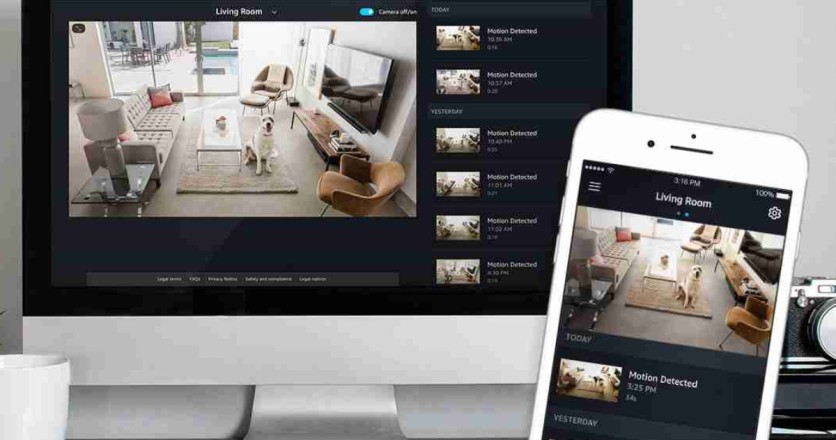
Dozens of Amazon workers are viewing footages from Amazon's home surveillance service, the Cloud Cam, according to a new report.
Human Reviewers Watching, Annotating Cloud Cam Clips
On Thursday, Oct. 10, Bloomberg revealed that teams from India and Romania are being tasked to review and annotate video clips from the security camera to be used to train and improve the camera's artificial intelligence.
While Amazon only lets human reviewers look at video clips that users voluntarily submitted to the e-commerce company for troubleshooting, sources said some videos contain sensitive materials, including a few instances of people having sex. Moreover, while videos capturing intimate moments were immediately deleted, workers have, at times, shared footages with others.
Amazon's human reviewers look at and annotate an average of 150 20-to-30 second Cloud Cam footage per day, according to the report.
"When a customer chooses to share a clip, it may get annotated and used for supervised learning to improve the accuracy of Cloud Cam's computer vision systems," said Leigh Nakanishi, a spokesperson from Amazon.
He added that users are in control of the video clips they share to the company to improve the service. Only the users have the ability to view their own Cloud Cam footage. They also have the option to delete clips any time and choose the videos they want to submit for troubleshooting.
Amazon also reviews and annotates clips from employees who have tested the service.
Tech Companies Using Human Reviewers To Listen To Recorded Audio
Amazon and other tech companies have received criticism on the seemingly lax way of handling sensitive consumer data.
Earlier this year, another report from Bloomberg revealed that human reviewers listen to audio clips to improve the voice-activated digital assistant Alexa. Similarly, Microsoft was also caught employing human reviewers to listen to some Skype calls and Cortana inquiries.
Contractors of Apple reportedly "regularly" hear sensitive user information while grading audio recorded by Siri. A whistleblower said that recordings of audio clips sometimes feature private discussions between doctors and patients, business meetings, and even criminal activity and sexual encounters.
In response to privacy concerns, Amazon eventually allowed users to opt out of having their Alexa audio recordings from being reviewed by humans.
ⓒ 2025 TECHTIMES.com All rights reserved. Do not reproduce without permission.




